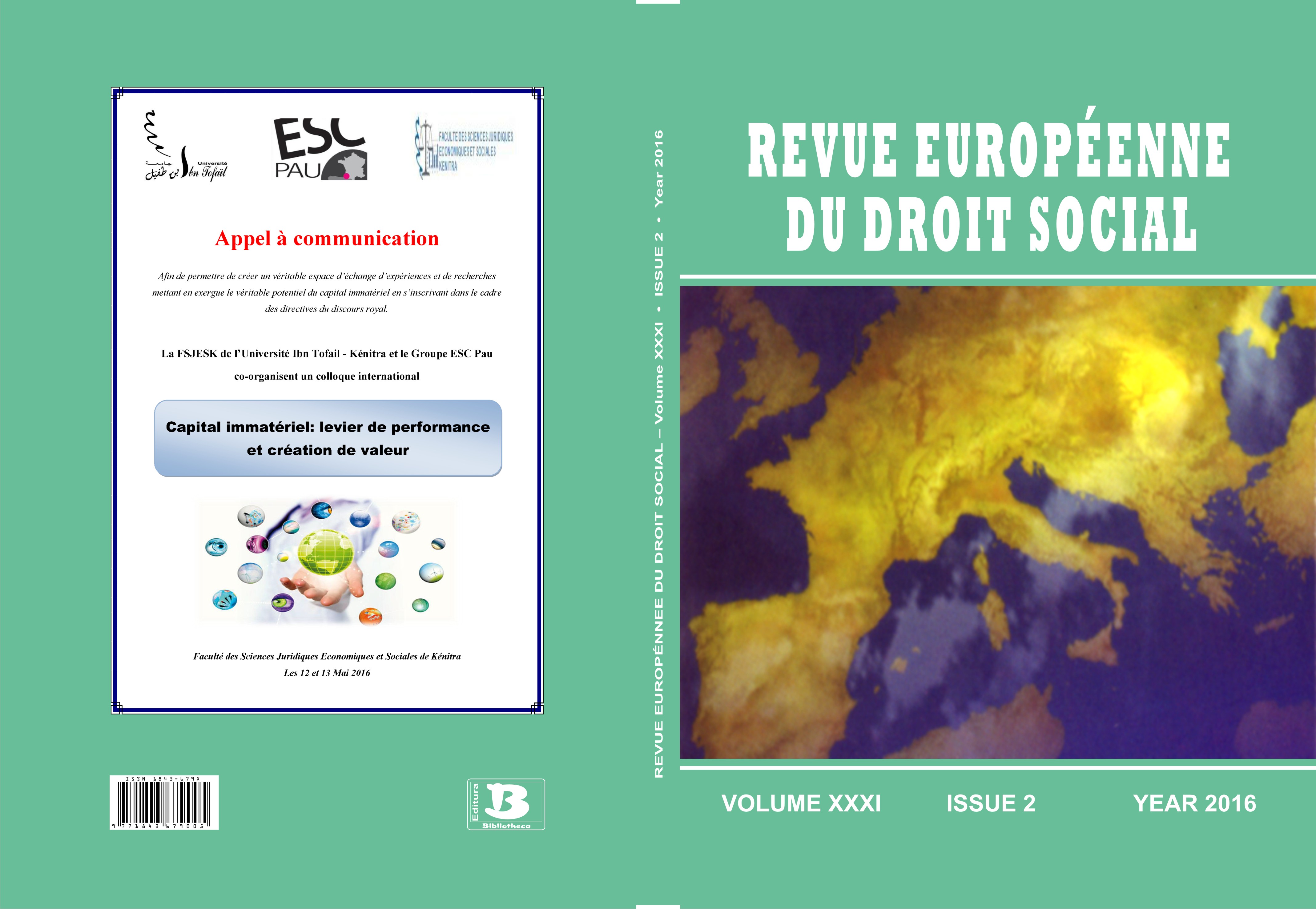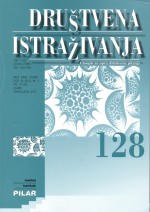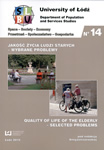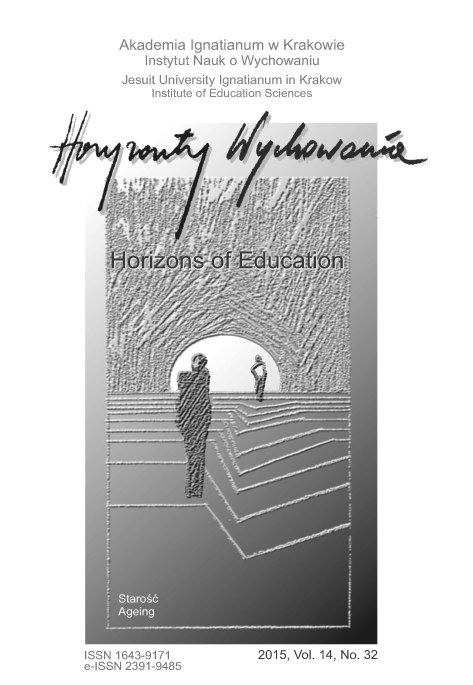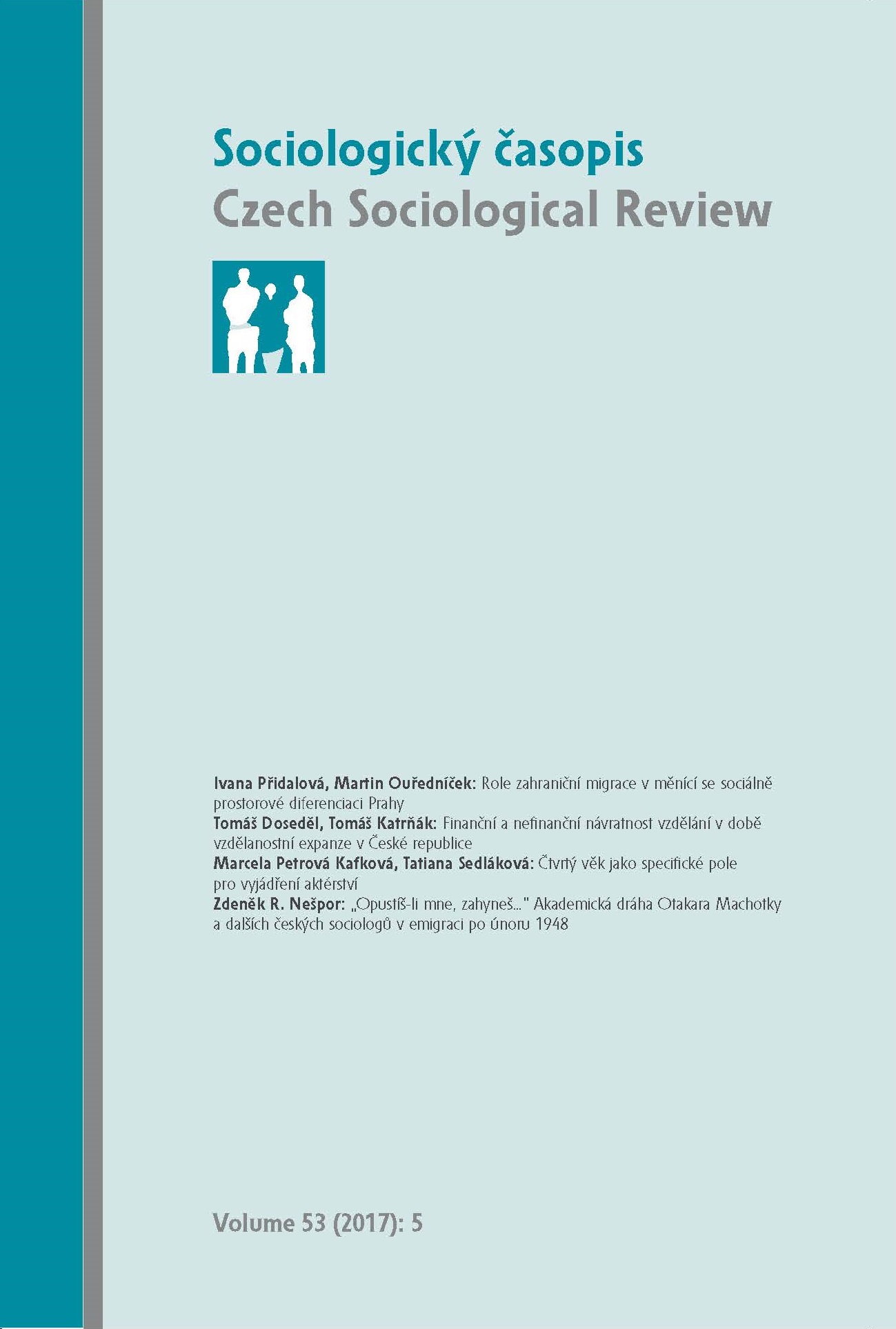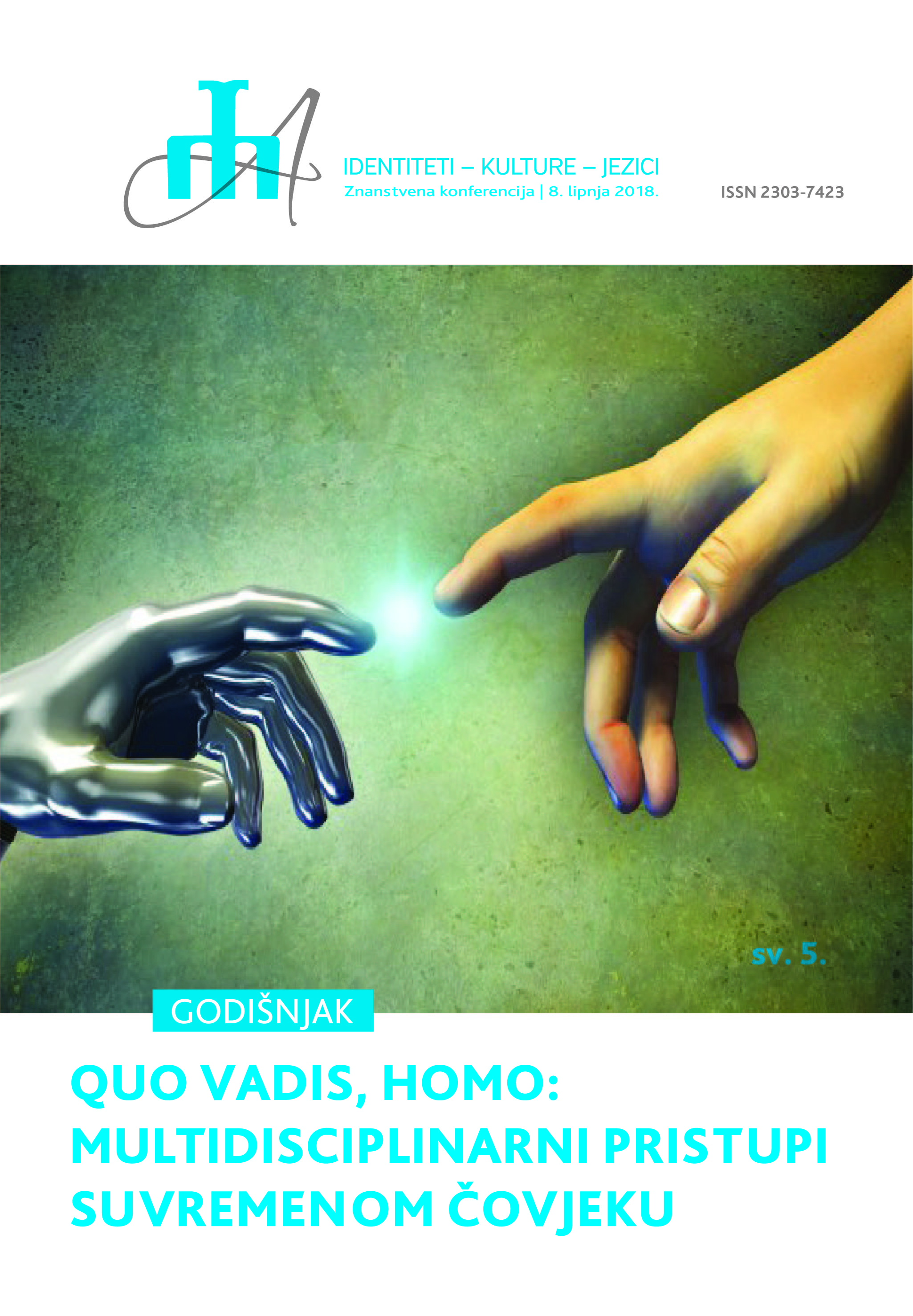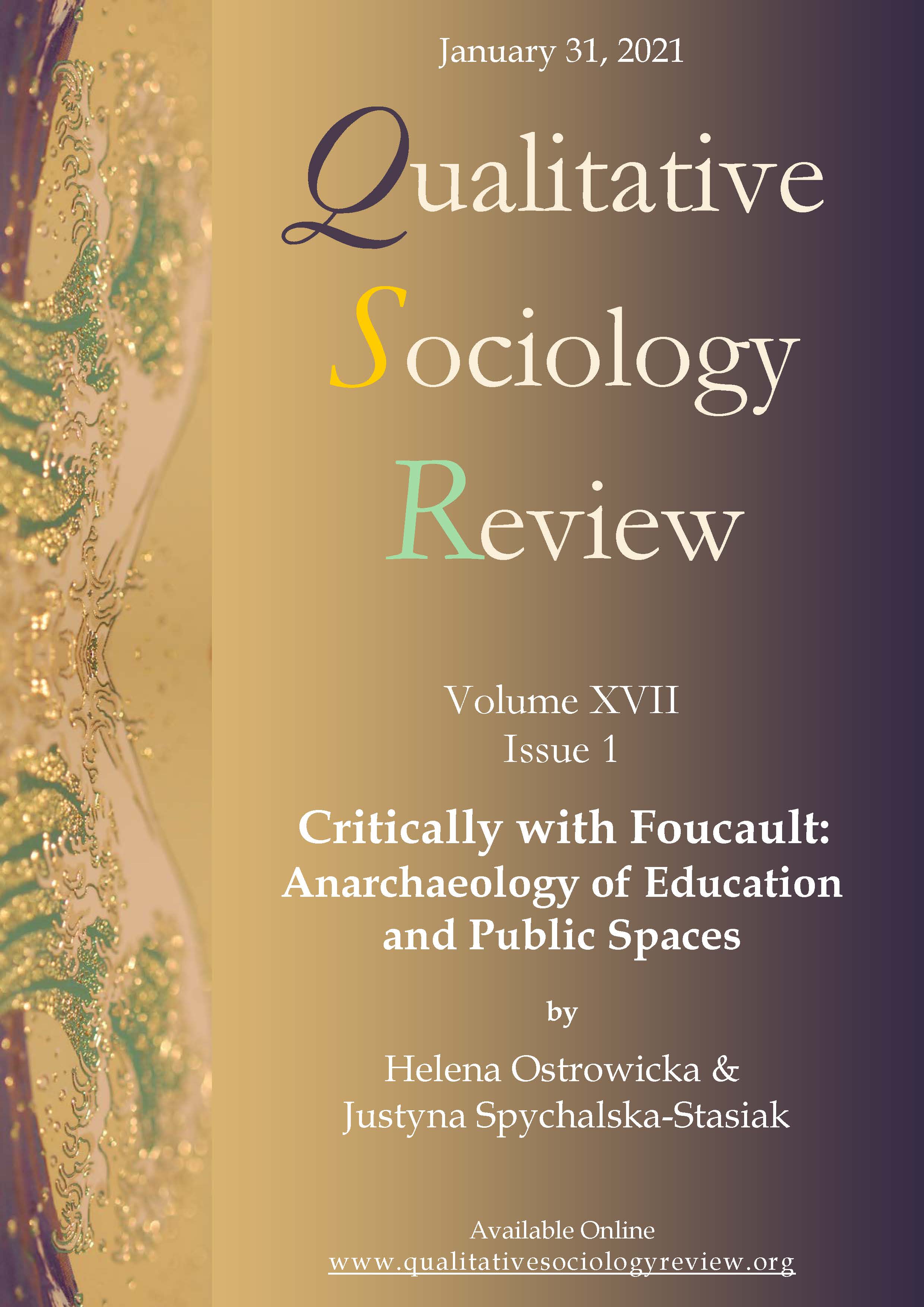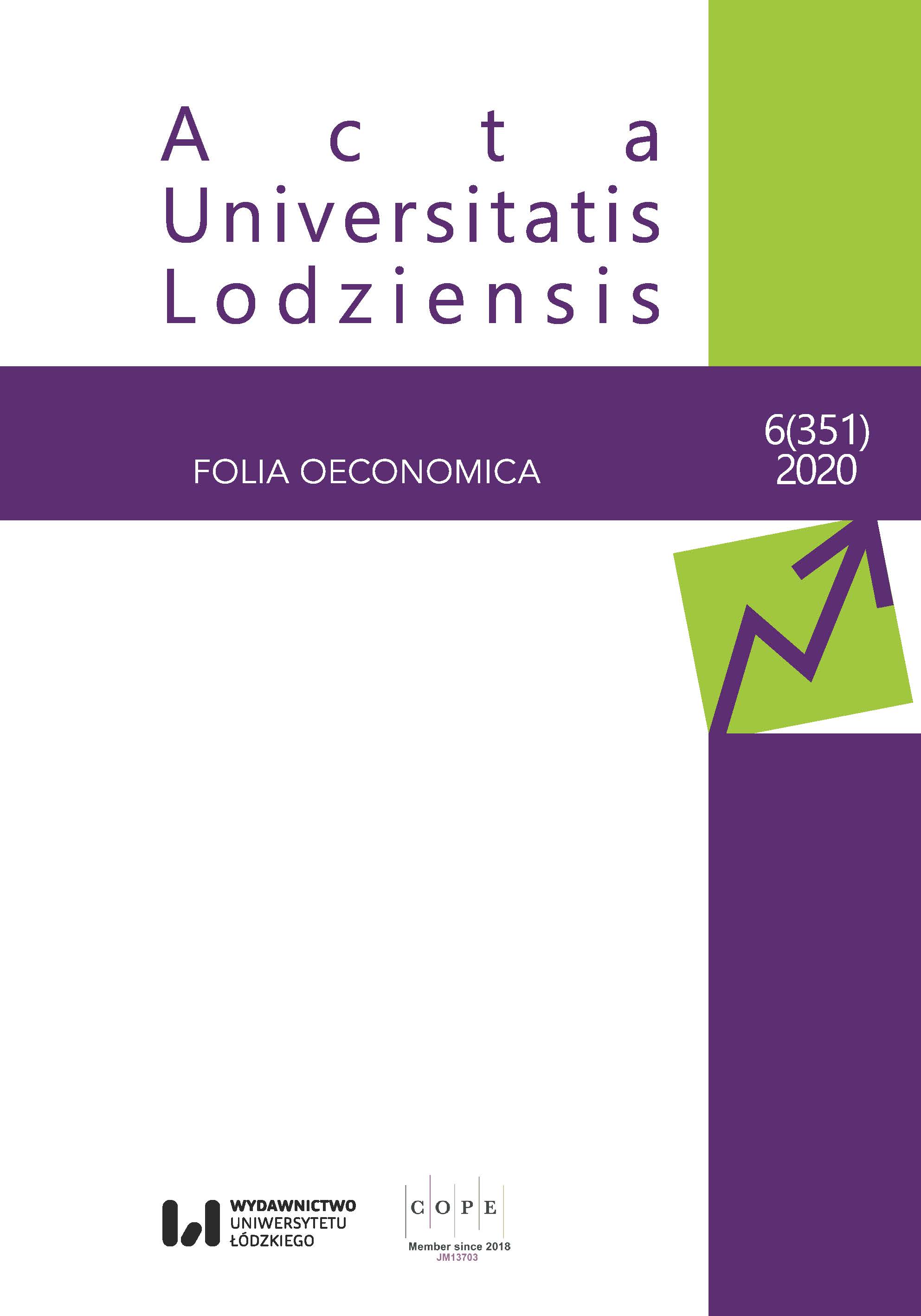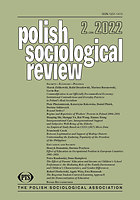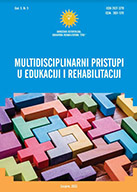Author(s): Petr Slováček / Language(s): English
Issue: 2/2019
The issue of old age and ageing covers only the periphery in philosophy. This may be illustrated by taking a look at the history of philosophy within which only a few texts and authors could be found taking pains to shape our understanding of old age. Among them there have been Cicero (Cato the Elder on Old Age), Plutarch (An seni respublica gerenda; Moralia 783B-797F) and, closer to us in time, Schopenhauer (Pererga and Paralipomena, Short Philosophical Essays) and S. de Beauvoir (La Vieillesse). Despite this, there has been more recent attempts at a more complex assessment of the issue of old age in philosophy.
There are two essential reasons for the historical marginal positioning of old age in philosophy:
Firstly, the topic of old age and elderly people is less attractive; it struggles to make its way against the great issues of philosophy and is more found in its shade when regarding the issue of death. This statement proves valid both in considering the history of philosophy and modern philosophy within which not many authors pay attention to questions of old age and ageing. From among the few, M. C. Nussbaum, J. Baars, T. Rentsch, H. Kunneman, D. Carr, M. Schwed, can be mentioned at this point. It is more often the case that important contributions that address the essence of old age and overlap into philosophy are to be found on miscellaneous research grounds; such as in psychology, literature, gerontology, or ethics of the helping professions.
Secondly, it was only the qualitative development of environmental conditions, the possibilities of medical science and nursing care in the modern era, and also the low demographic increase in population, that have made the elderly an important part of the population, which, in turn, had them facing a number of challenges: self-realisation, the ideal of youth and, hopefully, the ideal of a successful old age. In other words, elderly people stopped being a minor exception or a deviation from nature, but also an important socio-political issue requiring both an inter-disciplinary and a philosophical approach.
On a broad level the goal of this article is to draw attention to the connections among philosophy, the elderly, and ageing, which has been historically marginalized. Philosophy, at least since the times of Socrates, has focused, though not exclusively, on the individual, who is indeed capable of many things. This was made concrete in modern philosophy in the ideal of autonomy as the ability to be one’s own ruler. It is no wonder that marginalized groups, and we are especially interested in the elderly, have also remained on the fringe of interest for philosophers.
The article approaches the topic of the elderly, old age, and ageing from what is called a pluralistic position because this can allow for the avoidance of oversimplification which is often connected with the concept of loss. It is important to mention in this connection that the possibility of loss is a structural feature, not only of the pluralistic perspective, but also from the perspective of the narrativistic conception of identity, so often used in psychology and sociology especially in the context of the broader thema of the meaning of life. The natural need for the recognition of loss in the narrativistic approach to human identity leads also naturally to the context where loss is profoundly discussed. If we look at the genealogy of this problem, the confrontation between Plato and the sophists emerges as important and the position of Aristotle as pivotal. For this purpose, to show how a pluralistic perspective uses loss as a key feature of human life, attention is paid to the difference between pluralism and monism in order to be able to capture the most significant elements by means of their confrontation, and from the point of view of our topic. A possible contribution of the pluralistic approach to the topic of the elderly and old age is also reflected. This could, in my opinion, be beneficial for the caring professions. More specifically the goals of the following text are: a) to proceed from the possibility of loss in connection with virtuous choice and indicate the way in which it has been traditionally understood; preferably in confrontation with the monistic perspective. Because of the central role of the discussion amongst Plato or sophists, attention is paid to Plato´s dialogue Protagoras; where the basic distinctions of pluralistic and monistic approach to ethical matter are presented and where we can find the crossroad of western ethical thinking; b) to relate the acquired knowledge to a chosen specific group threatened by marginalization; the elderly; c) to suggest a possible contribution of the pluralistic perspective for working with the elderly.
More...
